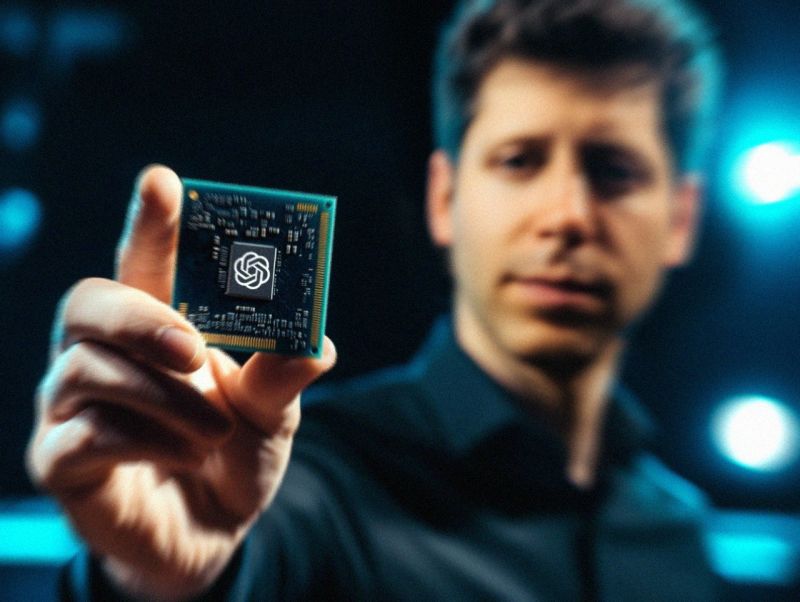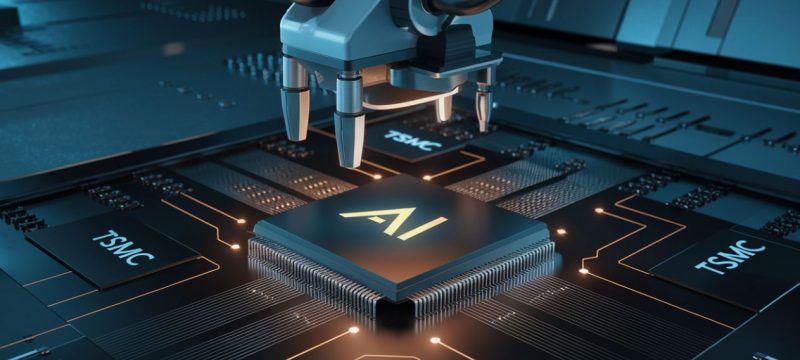OpenAI Moves Toward In-House AI Chip Design
OpenAI has signed a major deal with Broadcom to design and produce its own computer chips for artificial intelligence. The partnership marks a significant shift for the ChatGPT maker as it seeks to reduce dependence on chip suppliers like Nvidia and AMD.
The new chips, developed in collaboration with Broadcom, are expected to roll out in the second half of next year. OpenAI said the deployment would consume 10 gigawatts of electricity, enough to power millions of homes, signaling the massive scale of its upcoming infrastructure expansion.
Expanding Beyond Nvidia and AMD
Before this move, OpenAI had secured multibillion-dollar chip supply agreements with Nvidia and AMD, two of the world’s leading AI hardware providers. Those deals involve systems capable of consuming 16 gigawatts of power.
However, by designing its own chips, OpenAI aims to gain more flexibility and control over performance, cost, and availability. “Developing our own accelerators adds to the broader ecosystem of partners building the capacity required to push the frontier of A.I.,” said Sam Altman, OpenAI’s CEO.
Building a Global Network of Data Centers
The deal with Broadcom comes as OpenAI continues its rapid global expansion. The company is constructing a massive data center in Abilene, Texas, with additional sites planned across Texas, New Mexico, Ohio, and the Midwest.
OpenAI is part of a larger wave of tech giants investing heavily in AI infrastructure. Together, OpenAI, Amazon, Google, Meta, and Microsoft are projected to spend over $325 billion by the end of this year on new data centers to support AI growth.
Broadcom Strengthens Its AI Portfolio

The partnership is also a strategic win for Broadcom, a California-based semiconductor leader that already collaborates with Google on AI chip design. While Broadcom is not investing directly in OpenAI or offering stock, the collaboration strengthens its position in the AI hardware ecosystem.
This move also gives OpenAI more leverage in future negotiations with chip suppliers. By developing its own chips, OpenAI can tailor hardware specifically for its generative AI models, improving performance efficiency while lowering long-term costs.
Challenging Nvidia’s Market Dominance
Nvidia currently dominates the AI chip market, powering most of today’s advanced AI systems. Yet, a growing number of companies — including OpenAI, Google, Amazon, and AMD — are developing in-house alternatives to challenge that dominance.
For OpenAI, this partnership with Broadcom represents more than a technological milestone — it’s a strategic leap toward independence in the fast-evolving AI hardware race.
Conclusion
As OpenAI accelerates its efforts to design custom chips, its collaboration with Broadcom positions both companies at the forefront of AI innovation. With growing investment and infrastructure, OpenAI’s move could reshape the balance of power in the global AI chip industry.
In ther news also read about OpenAI’s New AMD Deal Marks Major Challenge to Nvidia’s AI Dominance









